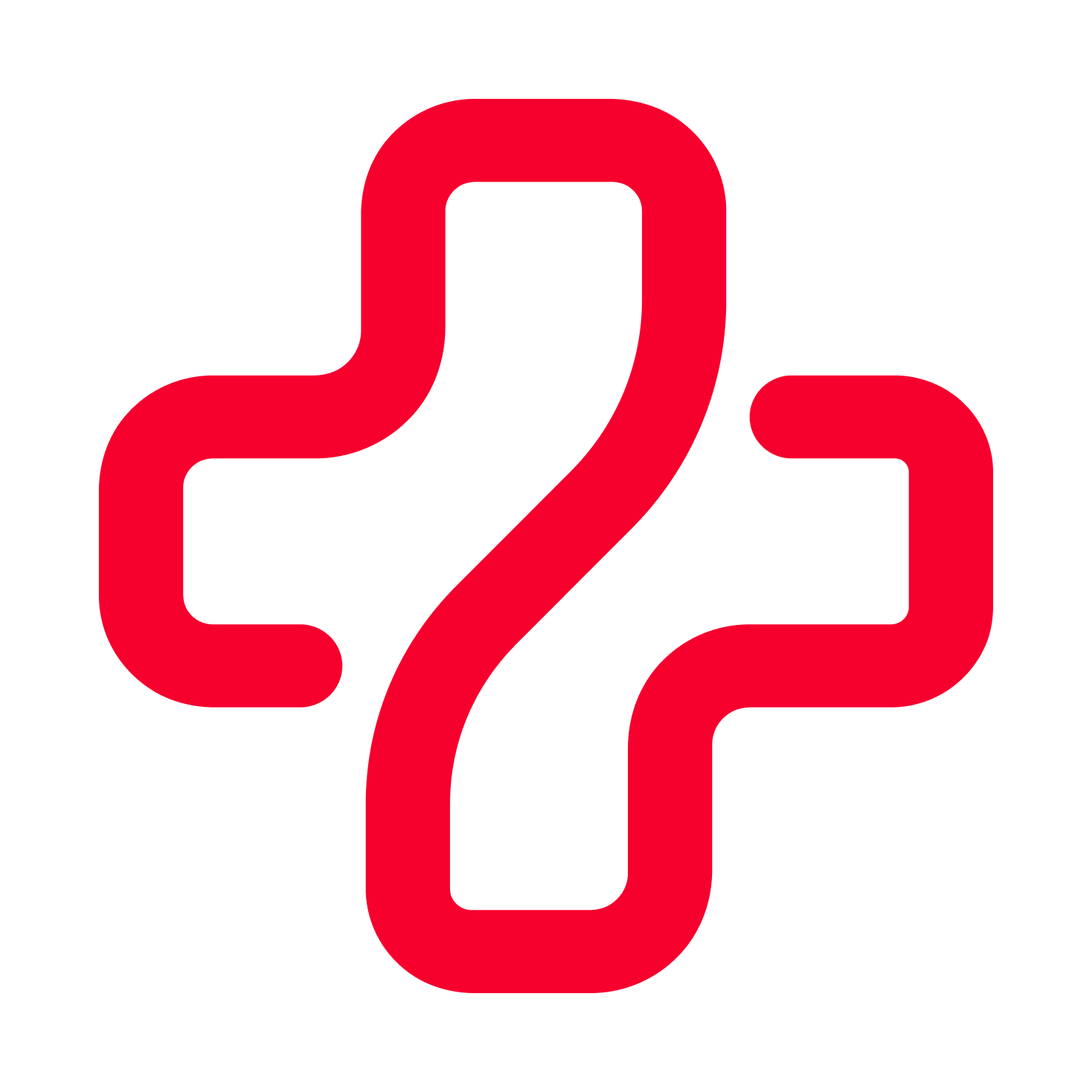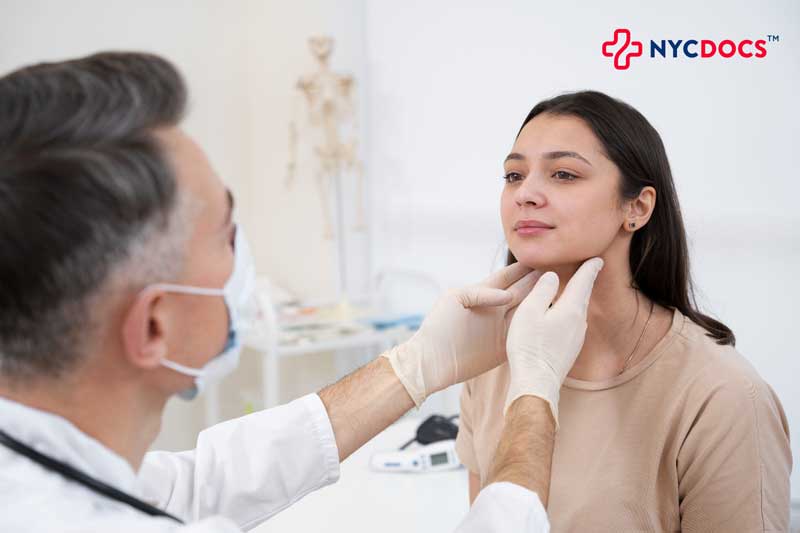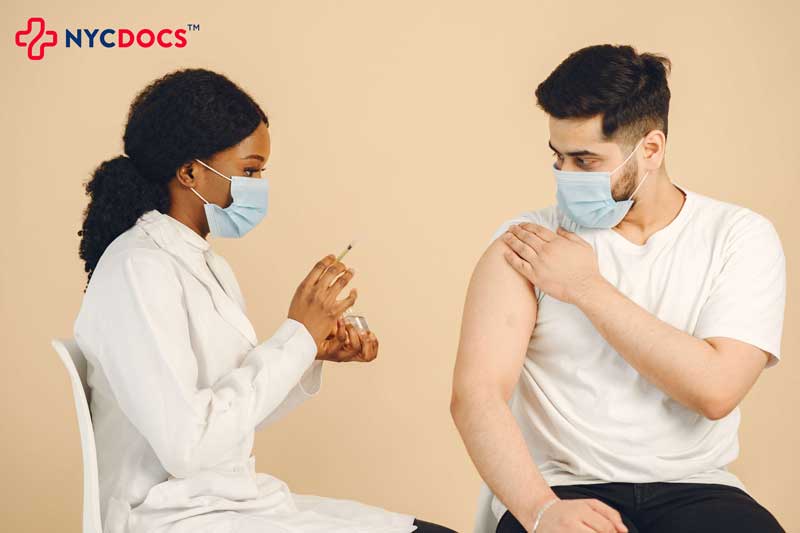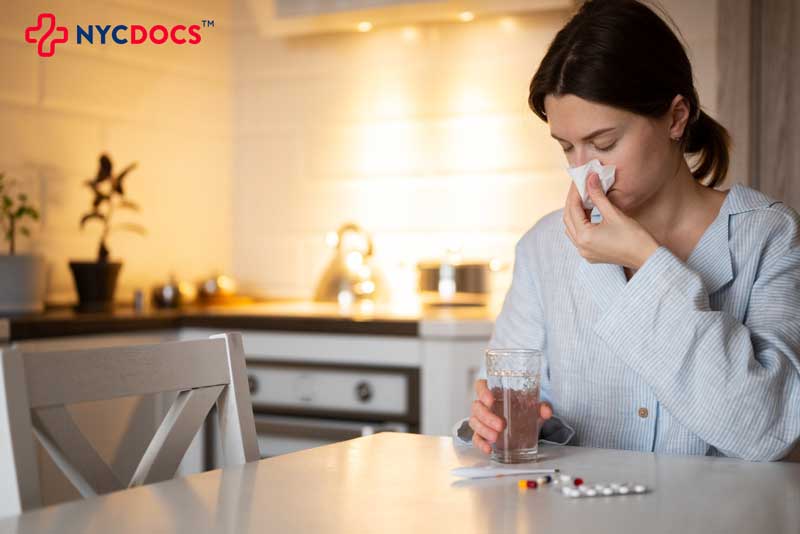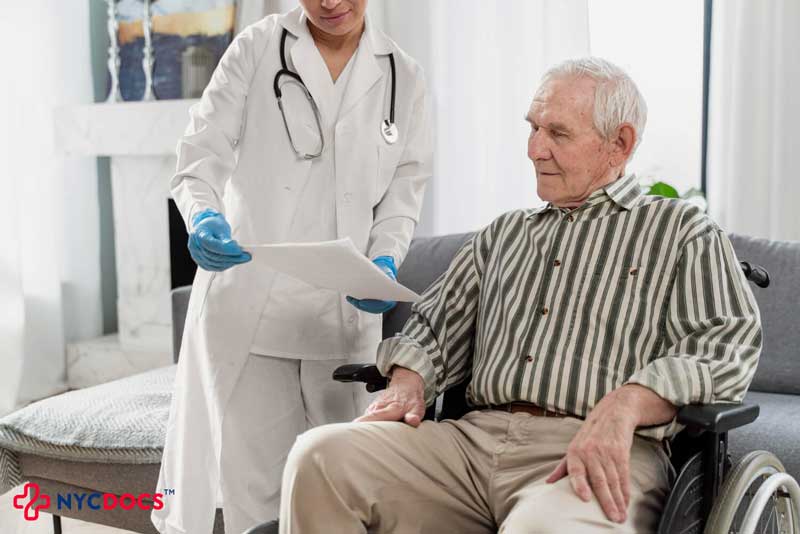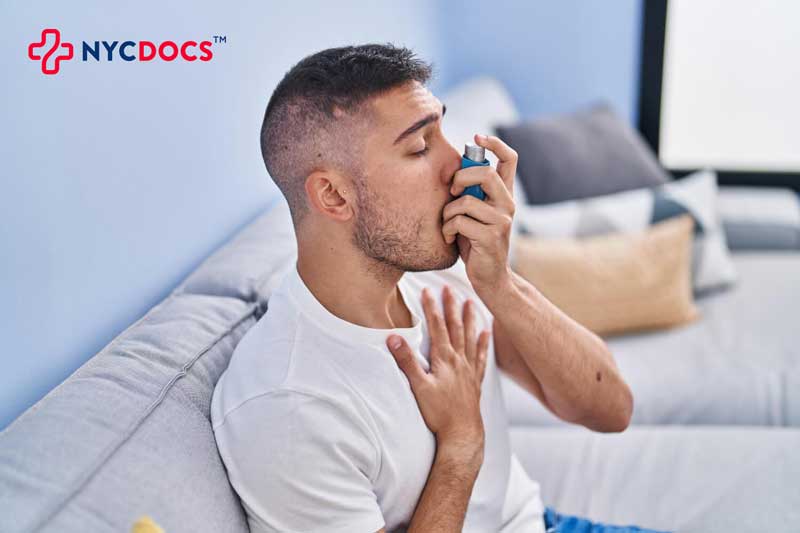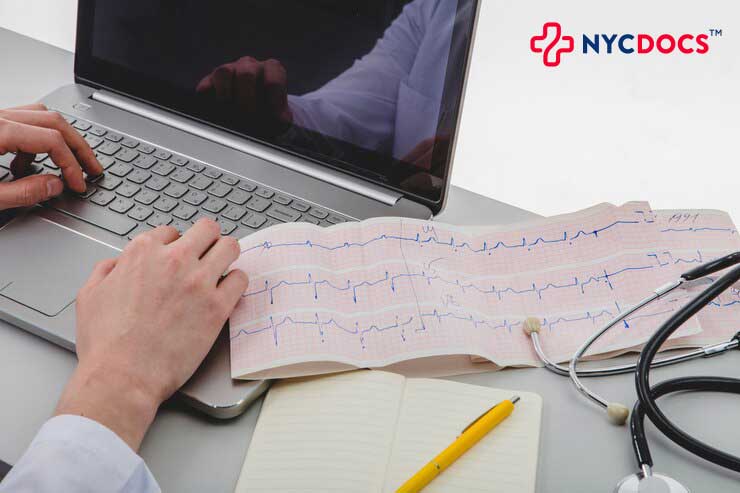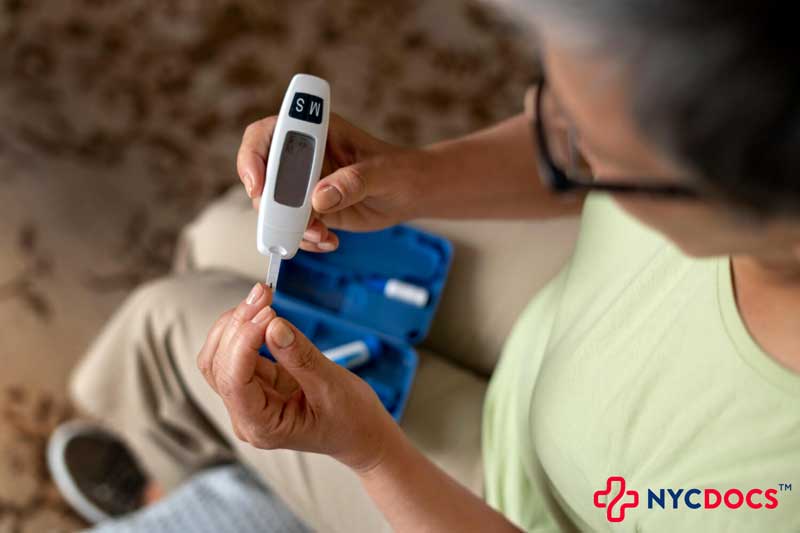Understand about contagiousness of pneumonia from primary care doctor in Bronx.
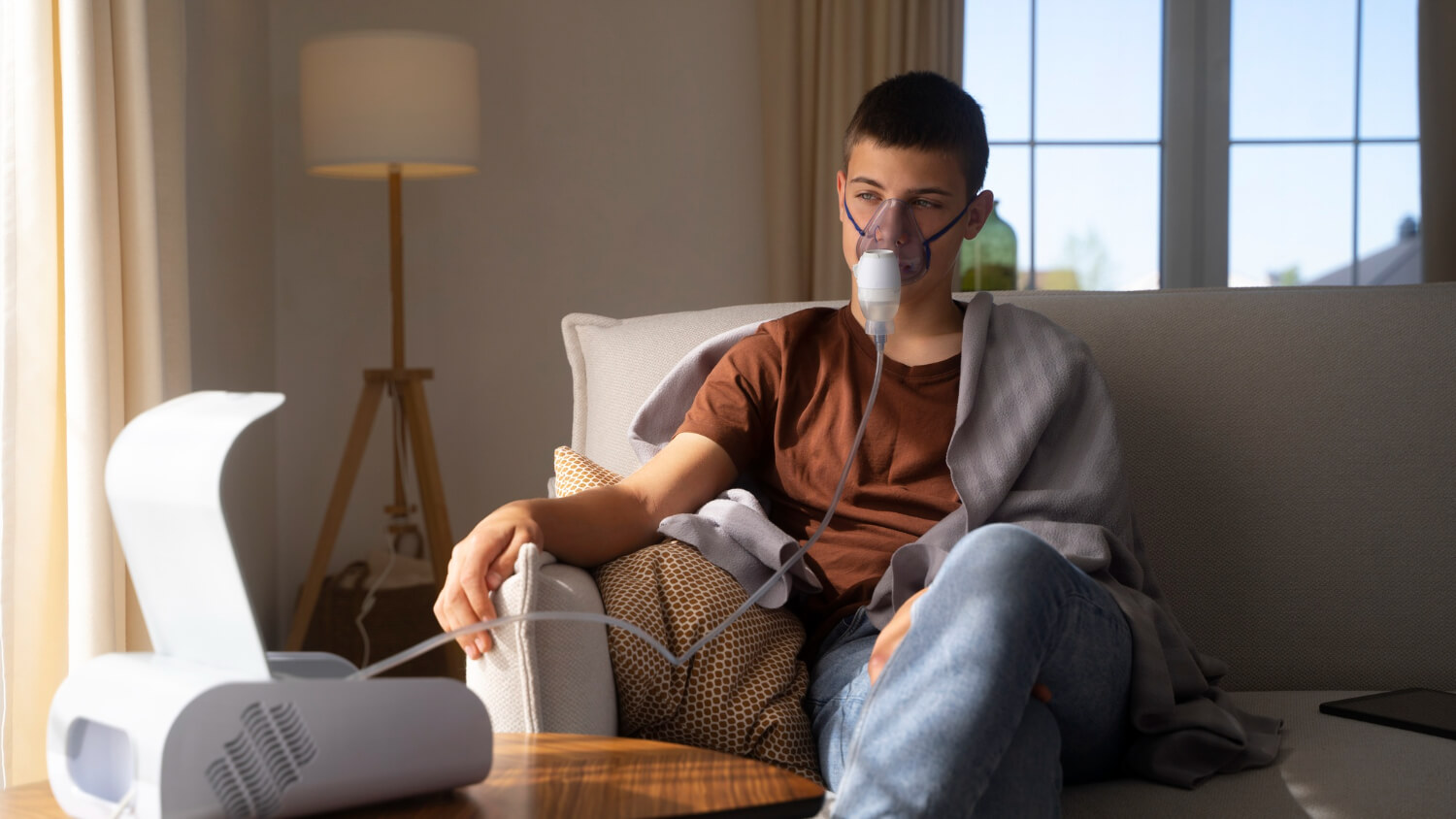
Pneumonia is one of the common diseases worldwide. People may face difficulty breathing. They suffer from various symptoms. It may result in hospitalization and even death in severe situation. As a primary care center, we promote awareness. We are here to clarify misconceptions surrounding pneumonia transmission.
In this blog post, you will get to know about pneumonia in detail from a professional primary care doctor.
Understanding The Basics Of Pneumonia
Pneumonia is a disease that is easily spreadable. It occurs in lung and causes breathing problems. When you are infected with this disease your lungs get fluid. As a result, your lungs cannot pass air properly. You might experience difficulty breathing. You can also get cough, fever and chest pain. Are you feeling any symptoms? Contact our primary care physician in Bronx.
Is Pneumonia contagious?
Pneumonia is whether it is contagious or not is the most common queries amongst people. The answer varies. The contagiousness depends on the type of germs that cause this health condition. The following are different types of pneumonia.
Viral Pneumonia:
Viruses such as Covid 19 or common cold can cause viral pneumonia. It is the most spreadable type. It can spread if anyone sneezes or coughs. Anyone get this disease. However, young children, senior citizens, people with chronic conditions and pregnant women might face great complications. They might need medical attention. People with strong immune system of their body can fight viruses on their own. It is expected to get cleared up within a few weeks with proper rest and care at home.
Bacterial Pneumonia:
Bacterial pneumonia is caused by harmful bacteria. Lungs get inflamed when bacteria enters. It is less contagious compared to viral ones. You might feel feverish. You can have a cough with mucus, and experience chest pain. It's like having a bad cold. Our doctors treated this type of illness with antibiotics. We advice to rest, drinking plenty of fluids for early recovery.
Fungal Pneumonia:
Fungal pneumonia is the least contagious one. It is caused by fungi that enters into the lungs. People with weak immune systems are at high risk. It includes young kids, older adults, and people with lung diseases. It requires medical attention quickly.
What are the symptoms of Pneumonia?
The signs of this health condition are:
- High fever with sweating and chills
- Dry cough
- Cough containing yellow, greenish, or blood mixed mucus
- Mild to severe chest pain
- Loss of appetite
- Difficulty breathing
- Muscle aches
- Nausea and vomiting
- Diarrhea
- Blue Lips and fingernails (due to lack of oxygen in blood)
How Can You Get Pneumonia?
Here’s how you can catch it by:
- Breathing in the air that contains pneumonia germs
- If you share drinks or utensils with an infected person
- Getting your hands on the belongings of an infected person
- Touching your nose or mouth without properly cleaning your hands (if germs are present)
How Primary Care Can Treat Pneumonia?
Primary care can play an important role in preventing pneumonia transmission. Here’s how:
Vaccination
Often common colds and flu can lead to pneumonia. You can get vaccines for influenza at a primary care center. We also offer immunizations for bacterial pneumonia as well. The vaccine can prevent most of the common causes of this health condition. It will help you stay healthy
Risk Assessment and Prevention
Primary care physicians can assess the risk factors for pneumonia when you go there for regular checkups. Based on your health condition, your healthcare doctor will suggest preventive measures. We will give you medicine or refer you to specialists. We check for lifestyle habits like smoking or drinking that can make your immune system weak. We will suggest you quit them if you have those habits. We can also look for underlying health factors and provide possible solutions.
Early Diagnosis and Treatment
Get appointment from our primary care physician if you get cold or flu. We can do blood tests and screenings to identify the reasons behind your symptoms. Diagnosis in the early stage can get timely treatment and recover quickly. If you are infected, we can prescribe medications for early recovery according to your condition.
Patient Education
Primary care physicians educate patients about pneumonia, its causes and symptoms. We also inform them about the preventive measures. We teach simple hygiene practices. Such as cover the mouth with tissues or elbows while coughing or sneezing. We advise on washing their hands properly after touching an infected person or surface. We also say to touch the face or nose with clean hands.
What tests are used to diagnose pneumonia?
Some of the common tests to check for pneumonia are-
Physical Examination: Doctor will check the conditions of patient's lungs with a stethoscope. We will check for crackles or wheezing sounds. These sounds can indicate pneumonia.
Imaging: Pneumonia creates fluid in the lungs. This test allows doctors to see the condition of lungs. It helps to identify areas of inflammation. We will look for the presence of fluid in lungs
Blood test: Blood tests are done to check if there is any infection. Doctors can identify the type of virus causing this health concern. Normally the test includes complete blood count (CBC) and blood cultures.
Sputum test: Droplets in the air after coughing and sneezing causes the disease to spread. So, doctors collect the spit sample to check what type of infection causing germs are present in it.
NYCDocs
NYCDocs is your primary care partner in Bronx, NYC. We provide healthcare services to the Bronx community for more than 15 years. Our professional primary care physicians are experts in prevention care. You can come to us to get vaccines. We have an efficient referral service. We will refer you to best specialists for advanced treatment. We offer various health care services. It includes occupational health services, annual physical exam and counseling.
We offer walk in appointments. Don't you have an insurance plan? No problem. We have direct service option for patients without an insurance plan. Book your online appointment now!
FAQs
How do I know if I have pneumonia not common cold or the flu?
Pneumonia, the flu and common cold all have some comparable symptoms. So it's difficult to differentiate them. Healthcare doctors will do your checkup. We can identify behind your illness. You might feel difficulty breathing, chest pain, or have a high fever. It can be life threatening. You must contact our doctor if you have symptoms.
Can I have pneumonia without having a fever?
Yes. Pneumonia can occur without having fever. This is common in less severe cases.
Who is most at risk of getting pneumonia?
Individuals who have high risk of getting this disease:
- Newborn babies and children under the age of 2
- Older people above the age of 65
- People with weak immune system
- Those with chronic heart and lung conditions
- Pregnant women
- Regular smoker
When should I see a healthcare provider?
You should see a doctor if you have these symptoms:
- Breathing difficulty
- Fever
- Chest pain
- Cough with mucus
- Decrease in appetite
- Fatigue
What is walking pneumonia?
Walking pneumonia is caused by atypical bacteria. It is less severe form of pneumonia. You can continue your daily activities. It is however still contagious. It normally goes on its own without treatment. It is advisable to visit our primary care doctor if you face symptoms. Our doctor might prescribe medication based on your conditions.
Is walking pneumonia contagious?
It is contagious illness. It spreads when infected person coughs or sneezes. But it is generally less spreadable than the flu. You can prevent it by staying cautious around infected patients. Always maintain distance from them and wear a mask. Keep your hands clean frequently.
How can you reduce your risk of pneumonia?
You can lower your chance by following these practices:
- Stay away from infected person
- Avoid sharing items like glass, plates, or cutlery with others
- Always wear mask
- Quit smoking and drinking
- Eat healthy food
- Wash hands properly before touching your face
- Use hand sanitizer when outside your home
- Consult with doctors for any type of infection
What are some signs that pneumonia is improving?
One of the most common signs is reduced fever. Your coughing will produce less mucus. You won’t feel tired to do regular tasks. Your appetite will become normal. All the symptoms you have experienced in your sickness will start to reduce.
